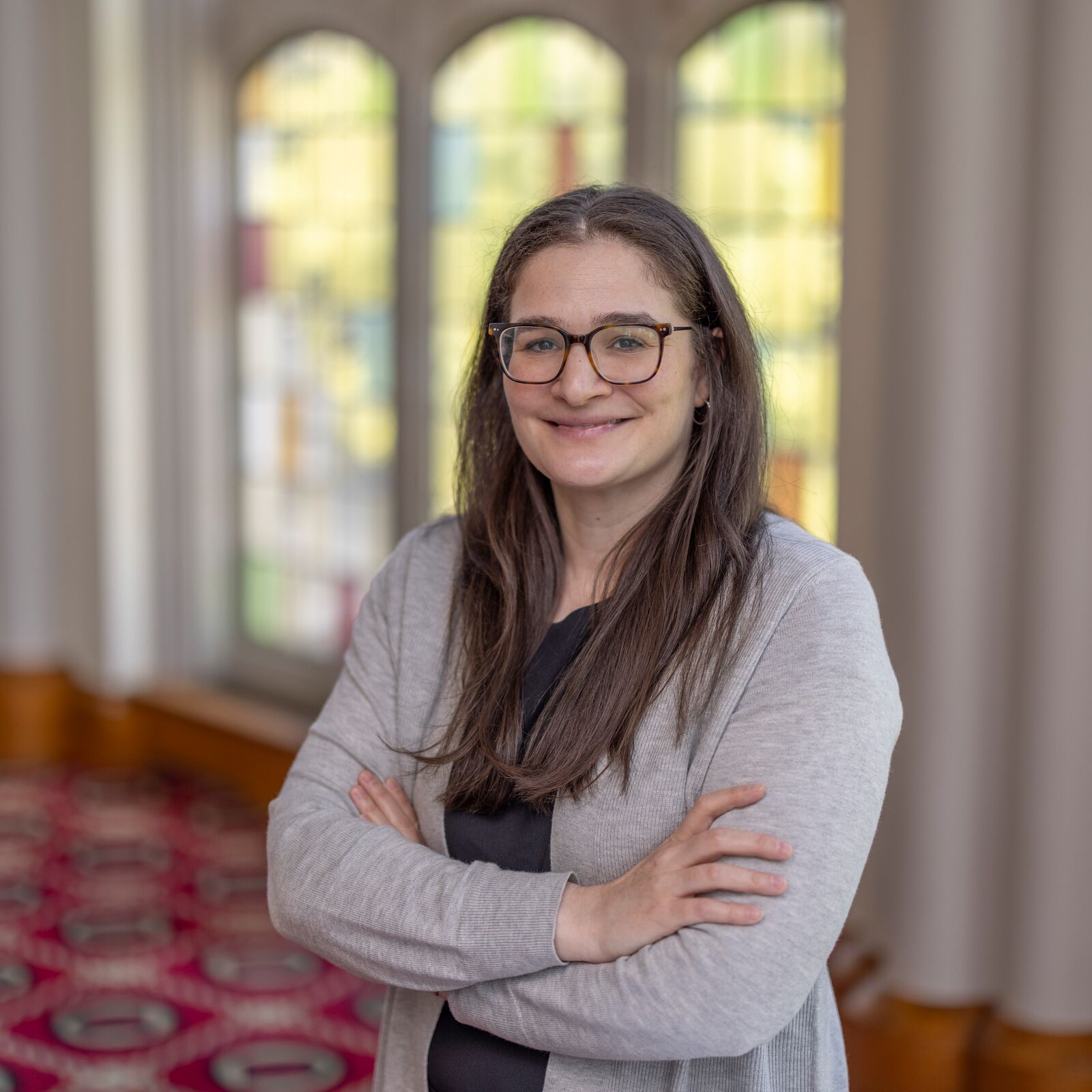Tennessee Driver License
Most Rhodes employees live in Tennessee. If you live in Tennessee, your unexpired license issued by another state or another country may be used for 1 year after your arrival. See this site [link] for information on obtaining a Tennessee driver license.
Arkansas Driver License
Some Rhodes employees live in Arkansas. If you live in Arkansas, your unexpired license issued by another state or another country may be used for 6 months after your arrival. See this site [link] for information on obtaining an Arkansas driver license.
Mississippi Driver License
Some Rhodes employees live in Mississippi. If you live in Mississippi, your unexpired license issued by another state or another country may be used for 60 days after your arrival. See this site [link] for information on obtaining a Mississippi driver license.
The Office of International Programs and the Office of Global Initiatives maintain the information on this page and advocate for clarity of procedures, community belonging, and equity for international members of the Rhodes community. To suggest new resources or other additions or edits to the information on this page, contact Dr. Erin Hillis, Director of International Programs or Dr. Eric Henager, Associate Dean for Global Initiatives.


